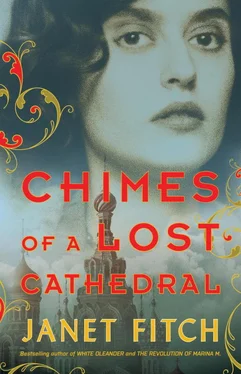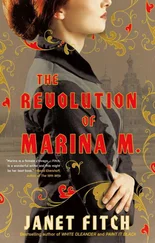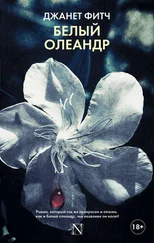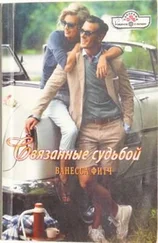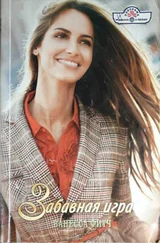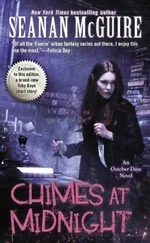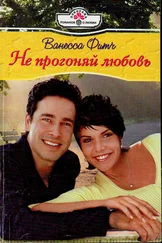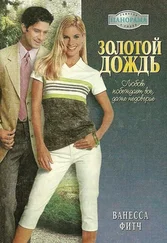“What am I doing?” I said innocently. “We’re just sitting here having a conversation.”
She sank back into the cushions, so that she was half hidden by the alcove’s striped curtain. We’d even unconsciously taken the same sides we always did, me on the right, her on the left. “I know you,” she whispered. “You want me to tell you how good those photos were. How important. How the studio came into a bit of favor for your having shot them. Which will lead to a request to hire you again, let you live here with…” She nodded at Iskra. “You think I’m stupid? I was always smarter than you. And you don’t intimidate me anymore.”
Oh no. She hadn’t forgiven me anything.
“You’ve got that kid, you need food, a place to live,” she hissed. “Well, the answer is no. No. We barely feed ourselves these days. You’ve got two husbands, let one of them support you.”
The light illuminated the front of Mina’s ash-blond hair, washing the front of her glasses so I couldn’t see those eyes I knew so well—their gray irises flecked with white, the white-tipped lashes. My two husbands… Why not three, or ten? Useless to me now, both of them. Out the window, the city was so heartbreakingly lovely, the regular pattern of window and stone, arches and caryatids. Below us, Nevsky Prospect was like a street in a diorama in a museum—small, perfect, and empty. Without its shops, I supposed no one had a reason to stroll, even in the warmth of early autumn. And here was my best friend in the world, so close I could reach out and touch her—except that she would have slapped me if I had. This was exactly where I’d wanted to be, and the only thing standing in my way was this angry woman who knew me too well, whom I’d taught to despise me. Surely there must be a shred of forgiveness somewhere in her stony heart, the daughter of the kindest people I’d ever met.
“Don’t you turn those big brown eyes on me,” she hissed. “Where are you when anybody else needs you? Gone, gone, gone. You’ve proven yourself to be a complete moral bankrupt. I pity that kid. Grow up, Marina. I had to. You can too.”
Grovel, that was my plan. I supposed it was time to implement it. “Just a few days, Mina. Until I find some work, get my rations, a housing assignment. I have an in at Petrocommune.”
“I’m supporting three old people, plus my sisters, plus—” She gestured with her head toward Roman. So he was living here too. “You have no idea what we’ve been through. We almost lost Shusha and my aunt and uncle to typhoid last winter. Dunya got arrested for stealing firewood. Boards off a fence. You can’t take wood. It all belongs to the state now, even if it’s just a goddamned fence. The bread—you can’t imagine. And now you show up like Katya the milkmaid, with a kid, thinking you’ll just give me that smile and I’ll forget everything?” Now she cast a disparaging look at the cloth covering my suckling child. “I’m not a man. It doesn’t work on me. I’m not going to let you stay.”
“Not even for a few days?” I said, low. “For God’s sake, Mina. Two days. That’s all I ask. I have a couple days of food. Just don’t make me sleep in the hall.”
“No, no, no. I know you. Two days’ll become three and then a week and then you’re in for the duration. You’re a leech. A tick.” She said it as if it were a scientific fact, pushing her specs up on her nose. “I won’t do it.”
I expected her to be angry with me for running away with Kolya instead of working her rounds of factory demonstrations and greetings, but not for her to out-and-out slander me. “You know that’s a lie. I’ve never taken one scrap of food from your mouth, or anybody else’s. I just finished harvesting the fields to pay off the midwife. Look!” I held out one tanned hand, so she could see the calluses, the muscle and sinew of my forearm. “Leech? Of all the horrible things. Call me what you like but I’m no parasite.”
“Unlike you, I can think a week or two ahead,” she said. “And that’s what’s going to happen. For instance, how are you going to work with that kid around your neck—for Petrocommune or anyone else? It can’t even hold its head up.”
“I’ll think of something,” I said. My peasant stubbornness was digging in.
She rubbed her forehead. I was giving her a headache. She tended to have them ever since she was little, and now that she was doing so much darkroom work it must have gotten worse. Well, good. That would serve her, calling me a leech.
“Well, let me finish nursing her—can I do that? Or does that make her a leech too?”
“Fine. But then clear out. I’ve got to finish those photos. Let yourself out. You know the way.”
She got up and left me there, alone with my empty evening. I sorted through ideas of where I could go, what I could do, like hands at cards, all of them unappealing. Roman pretended to be working at his medical books, but I could tell he was enjoying the show. “You must have really done something to irk her,” he said.
I sat nursing Iskra, thinking of my options. The Krestovsky apartment. The collective flat on Furshtatskaya. The Poverty Artel. I still had friends in Petrograd—but I was shaken by how angry Mina was. I never expected people to be angry with me. If she was so mad, what would Varvara be like, let alone a darker form in the shadows… No, tomorrow I would go to Smolny. I should have gone today. I would find something, Iskra around my neck or not. Hopefully a few of those crèches had been built. If not at the Petrograd Soviet, where?
As Iskra finished her meal, I calculated how much food I really had left. Enough for one more meal, maybe two. In my aristocratic largesse, feeding the orphans of Russia, I hadn’t kept enough for myself. Not thinking ahead, as usual. Such a chess player. I wiped my eyes on the back of my hand. I would stall as long as I could… Worse came to worst, I’d sleep in the hall and let them walk over me, shame Mina into giving way. Now I wished I’d taken that bath when I could. Maybe I’d go over to the Astoria and see what Aura Cady Sands had to offer. I could present myself—“Oh, you didn’t mean tonight?” I had to handle that one carefully. I didn’t want to appear too needy, too desperate, and scare her away.
The key turned in the lock, the door opened, and Dunya Katzeva stepped in. Dunya, so beautiful! All grown up, in a neat but worn dress printed with flowers. I pushed the curtain back and she shrieked and ran to embrace me. How good to see her, to embrace her with my one free arm, her fresh girl’s smell. Dunya, the opposite of Mina—warm where her sister was cold, happy where the elder was resentful. I put a good face on it all, as if Mina had said nothing. It wasn’t hard to put my sad mood aside. This was the homecoming I’d imagined. Dunya made a great fuss about the baby, her conversation full of sly innuendo for Roman’s sake about my hair having “grown out,” and how womanly I had become—since being Misha, yes, certainly. She was a regular Sovetskaya barynya now, a Soviet young lady, working at the Zubov Institute of Art History and spending time with Sasha Orlovsky, who was doing public projects now and teaching. “Wait till he sees you, he’ll go crazy. How’s Genya? Where’s Mina?”
“She’s in the darkroom,” I said. “She’s still mad. She says I have to clear out.”
“Well, forget that. You’re staying. Our tsarevna, she’s a very important person now,” Dunya said. “I’m surprised she didn’t make you take an appointment.”
“They had a fight,” Roman said. “Mina’s furious.”
Dunya sighed. “Mina’s always furious these days. Don’t pay any attention to her.”
Читать дальше
